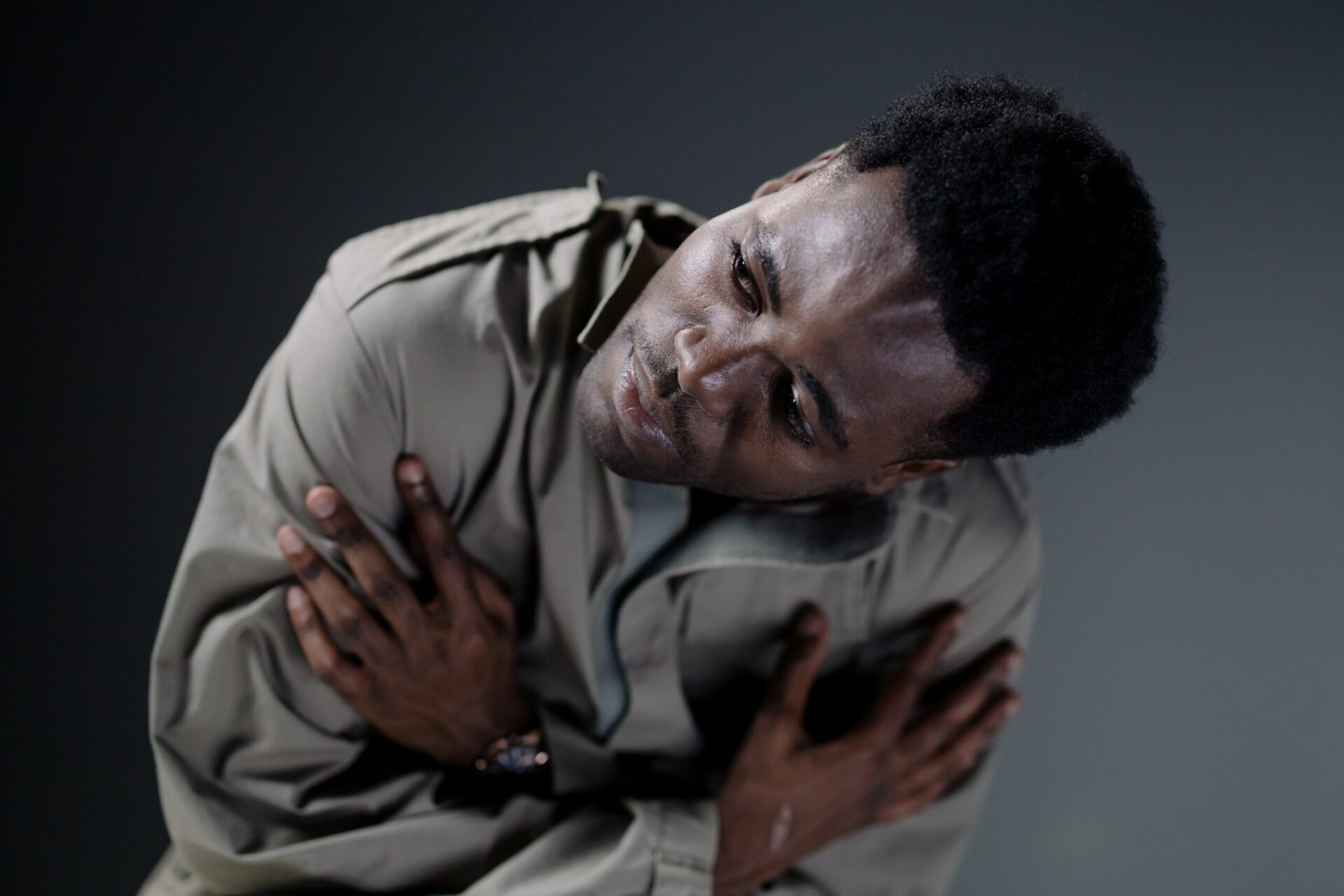Grief is the deep sadness and loss we feel when someone we loved dies. It takes time to cope with the loss and one must find ways to adapt. A lot of support and comfort is needed to help one go through grief.
How grief affects a teen depends on how close they felt to the person who died and the role that person had in their life. It also depends on how they died. Was it sudden, gruesome, suicide.
Teens may exhibit symptoms of heaviness in the chest or tightness in the throat, an empty feeling in the stomach and a loss of appetite, guilt over something said or done, or something left unsaid or undone, anger and lashing out at others, sometimes at any time for no reason, intense anger at the deceased for dying, and later feelings of guilt for being angry, mood changes over the slightest things, unexpected outbursts or crying, feelings of restlessness and simultaneous difficulty concentrating on a task at hand, a feeling that the loss isn’t real and didn’t happen at all. And sensing the deceased’s presence, expecting the deceased to walk through the door at the usual time, hearing his or her voice, or a sensation of “seeing” the deceased out of the corner of their eye.
They may also be seen talking to pictures, conversing with the deceased in a special place, sleeplessness or troubling dreams, assuming mannerisms, traits or wearing clothes that were favorites of the deceased, emotional regression and even bed-wetting, which can be very upsetting for teenagers, a need to retell and remember things about their loved one, to a point of repetition that becomes a burden to others an inability to say anything, or the need to be overly responsible and taking on the role of the “new” man or woman of the household, distracting themselves from their own feelings by taking care of everyone else.
There is no right or wrong way to grieve. Grief comes and goes. Grief changes, and ebbs with time. There is no timeline for grief. There are good days and bad days. Anniversaries may trigger strong emotions. As the turbulent years roll on, the grief teens experience will be ongoing and ever-changing as they grow into adulthoods.
Remember, how much grief you feel — or how long it lasts — isn’t a measure of how much you loved the person. Feeling better doesn’t mean forgetting your loved one or getting over them.
As your grief fades, you may come to realize that the person you love remains with you — in your heart, in your thoughts and memories, and in the positive effect they had on your life.


